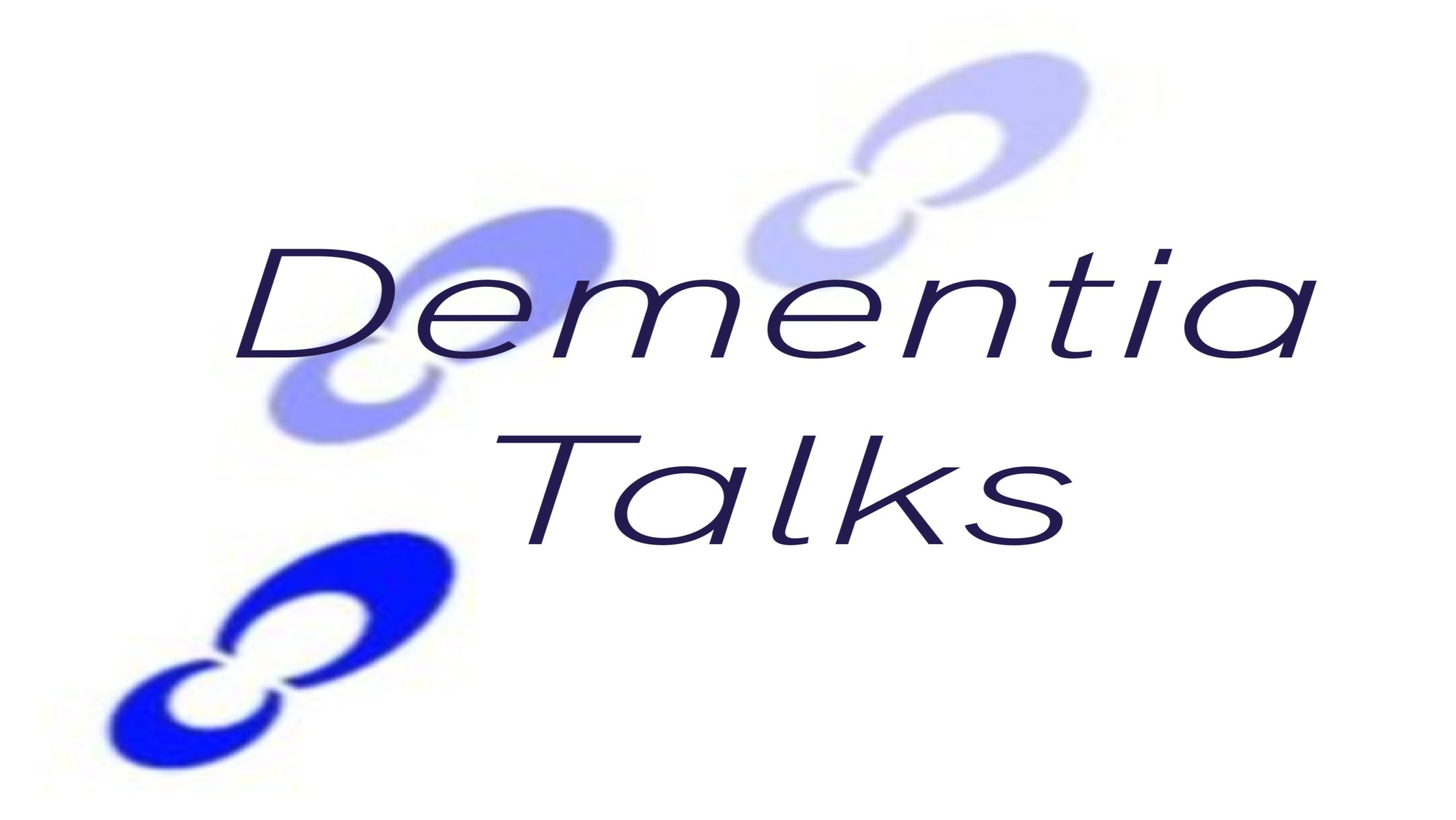Having a positive attitude allows to achieve thankfulness and gratitude but they are not the same – the difference between thankfulness and gratitude and which one effects a positive attitude is important to everyone not just people with dementia.

If you are like me, maybe your first thought is “aren’t they are pretty much the same thing.?” But like having faith, it is only just thoughts until you put your faith in action.
So, what does putting your thankfulness in action really look like? How does it contribute to living a positive life each day?
Here is how it works. Out of thankfulness flows gratitude. Gratitude, like faith, is thankfulness in action. But how does it affect our brain health?

Here’s the news flash!
Gratitude changes the very structure of brain.
Extensive studies have been done, and it has been proven beyond a doubt that expressions of gratitude do cause the neural structures of the brain to change.
Having positive emotions, such as happiness and fulfillment, releases hormones that make you feel positive.
Interestingly enough, Jesus mentions this in the Sermon on the Mount. In Jewish terms of the time, it was referred to as a “Bad eye or unhealthy eye” versus a “Good eye or healthy eye” Mathew 6:22. He also said the eye is the lamp to the body. Sound familiar or maybe when you heard it wrapped in the context of the Beatitudes, you asked yourself what the heck is Jesus talking about?

It’s all about perspective if you see the world through a “good-eye” you have a thankful / grateful heart and brain. The opposite is called a “bad eye” or seeing things negatively.
Many studies suggest that gratitude in practice actually activates the reward center of the brain. This results in changing the way we view the world, the people around us, as well as ourselves.
Want to live in the present?
When we give or are thankful or we receive or give gratitude, our brain focuses on what we have now. Something we would have ignored or forgotten otherwise. This brings the spotlight on the present, leading to mindfulness.
When our focus moves to blessings and the present moment, it triggers transmitters in our brain like dopamine, serotonin, and norepinephrine. The American Journal of Medicine identifies these as the ones that control our emotions, fear, stress, and anxiety levels. Increasing these results in increased happiness, motivation, and contentment.
Most mental health issues are impacted by the inability to discard or move away from negative thinking. Worse negative thinking spirals to get even worse, this cycle becomes very hard to break.
Expressing our thankfulness and gratitude not only forces our minds to focus on positive things, but it also breaks the cycle of sadness and negative thinking.
There are studies that show that having a sense of gratitude works even when you don’t share it. This would be like writing a Thank-You letter and not sending it. This may be true, but I think the sharing affects others and so on and so forth. You never know that when you’re sharing your gratitude how it might change the other person’s day and maybe their life… we just never know.
It’s not a once done magic spell.
You must work at it, to reinforce it, but like habits, practicing gratitude eventually conditions the brain to be more receptive of other gratitude in the future. This creates a snowballing effect that makes it easier to be positive.
In Conclusion
Forget the silly games on your phone that say it improves brain health. Practicing thankfulness, gratitude, and positive living results in improved health physically and mentally and causes us to be present and to see the world through a lens of compassion and love that improves the lives of others as well as ourselves.
copyright 2022




No Comments